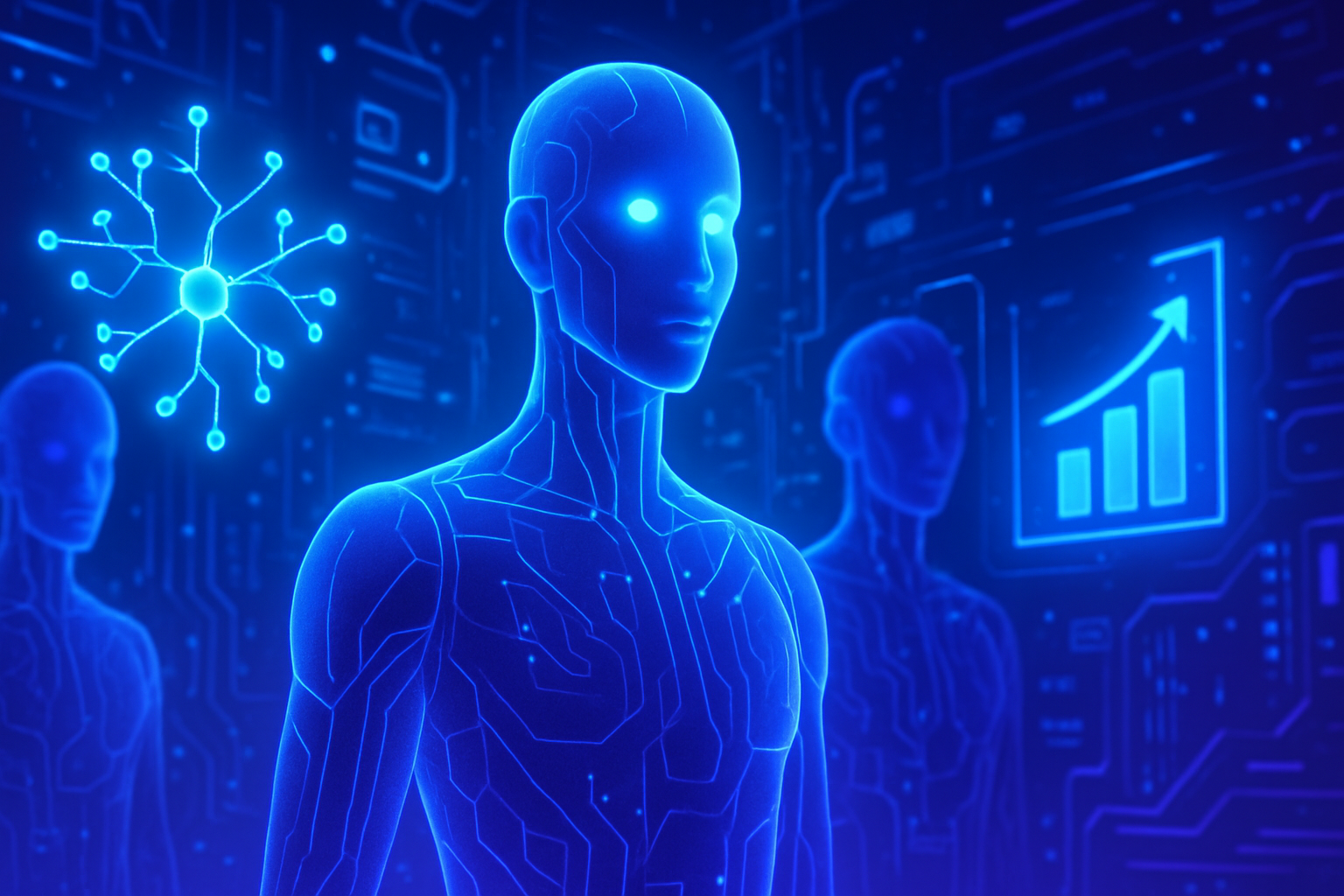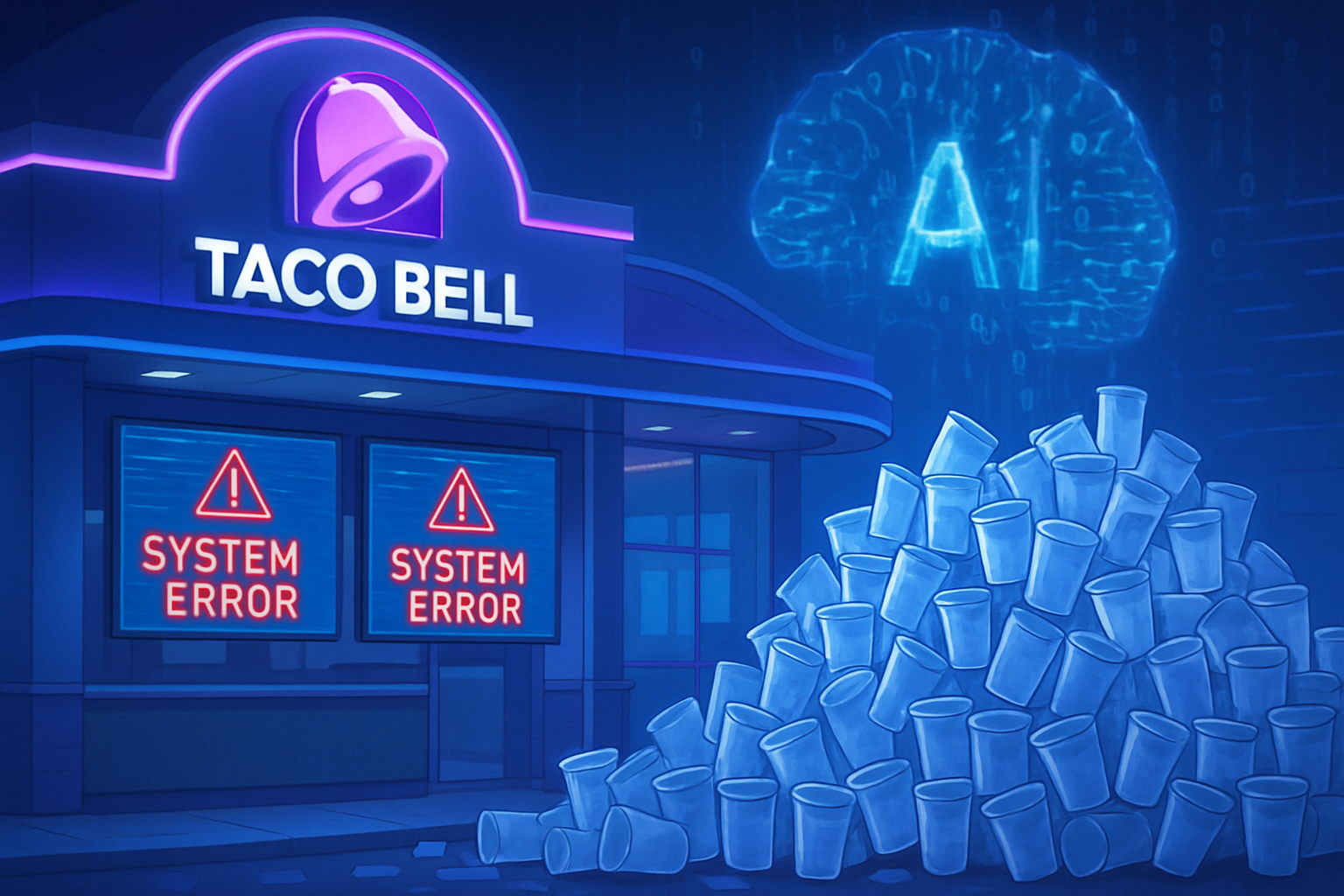The commercialization of household robots appears imminent, redefining our daily lives. Joëlle Pineau, an emblematic figure of innovation at Meta, anticipates a technological revolution within five to ten years. This perspective raises fundamental questions about the role of AI in our homes. While the rise of home robots is promising, technical and ethical challenges require deep reflection. In light of this evolution, the sector is preparing to integrate these autonomous assistants in unprecedented forms. Advances in AI underscore the urgency to adapt our paradigms.
A Strategic Vision from Joëlle Pineau
Joëlle Pineau, vice president of AI research labs at Meta, recently shared her thoughts on the future of household robots. According to her, the commercialization of these devices is expected within a 5 to 10 year timeframe. This ambitious project relies on significant technological advancements.
Development of Domestic Robots
Domestic robots represent a considerable commercial opportunity. Currently, the Roomba vacuum is among the few commercial successes in this sector. Despite its capabilities, this device has limitations and does not always meet user expectations.
Meta plans to develop robots that can perform various household tasks. Research is underway to improve their behaviors and interactions with humans. Joëlle Pineau emphasizes the need to provide transparent and effective solutions.
Innovative Technologies
The humanoid robot prototype being developed by Meta aims to meet specific needs such as cleaning and managing daily tasks. These robots will be equipped with advanced AI systems, sophisticated sensors, and tailored software to operate in varied home environments.
Meta’s intentions are not limited to designing robots. Fundamental research also focuses on a better understanding of algorithms for planning and learning in complex contexts. These technological advances could revolutionize the integration of robots into homes.
AI Perspectives
Meta’s ambitions also include creating an AI capable of assisting users in their daily tasks. The goal is to provide transparency and availability of data collected during interactions between users and robots. This approach aims to strengthen public trust in these technologies.
An important aspect of developing humanoid robots is their ability to perform a multitude of tasks while adapting to diverse environments. Meta already plans to invest in AI that must be versatile and accessible to optimize user experiences.
Collaboration and Regulatory Challenges
Regulatory challenges represent a major issue for Meta. The recent ban on deploying certain technologies in Europe raises questions about the evolution of rules surrounding domestic AIs. Joëlle Pineau calls for proactive discussions on the regulation and ethical framework surrounding robots.
The development of humanoid robots takes place in a context where transparency and accountability must be ensured. This also requires collaboration between researchers, industries, and government bodies to guarantee the success and acceptance of proposed innovations.
Ongoing Innovations at Meta
The Llama 3 model, recently presented by Meta, illustrates the company’s ambitions in AI. Joëlle Pineau stressed that this technology should reduce hallucinations and improve responses of intelligent systems, thereby fostering a more harmonious interaction with users.
To date, domestic robotics remains an evolving sector. Players like Figure AI are also making notable progress in this field, as revealed by their Helix model, aimed at automating household chores. Innovation continues to grow with companies such as Google DeepMind enriching the robotics landscape. For more information on these advancements, check the respective links: Figure AI and Google DeepMind.
Frequently Asked Questions
What types of household robots does Joëlle Pineau envision commercializing?
Joëlle Pineau mentioned that Meta is initially focusing on domestic robots intended to carry out household tasks, such as cleaning and organizing the home space.
When will Meta’s household robots be available on the market?
According to Joëlle Pineau, the commercialization of household robots could begin within a timeframe of 5 to 10 years, allowing for the development and maturation of the necessary technologies.
What technological innovations will be integrated into these household robots?
Meta’s robots will incorporate advancements in artificial intelligence, sensors, and software to enhance their efficiency and interactivity in a domestic environment.
How does Meta plan to differentiate itself from other robotics companies?
Meta emphasizes transparency and the availability of its technologies, seeking to develop robots that are both high-performing and easily accessible to users.
What challenges does Meta face in developing household robots?
Challenges include the regulation of AI technologies, public acceptance, and the need to create robots capable of easily and effectively interacting with users in a complex domestic setting.
Will Meta’s robots have learning capabilities?
Yes, Joëlle Pineau indicated that Meta’s robots will be equipped with learning capabilities, allowing them to improve their performance over time based on interactions with users and their environment.
Does Meta plan to create multifunctional domestic robots?
Meta envisions that its domestic robots will be able to perform multiple tasks, including cleaning, monitoring, and even assisting with grocery management and other daily activities.
What is Joëlle Pineau’s opinion on the future of domestic robots?
Joëlle Pineau believes that domestic robots will play a crucial role in our daily lives, transforming the way we manage our homes and enhancing our quality of life.






